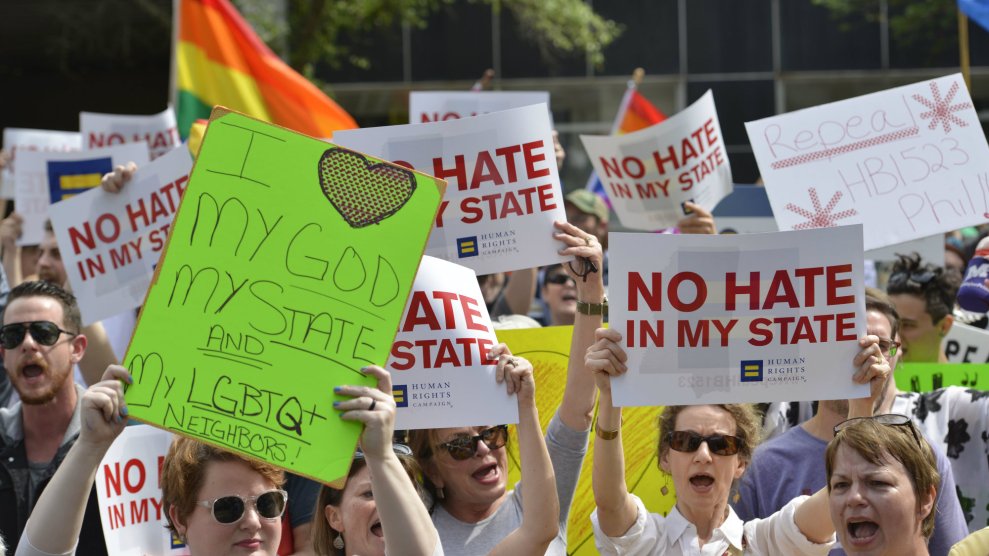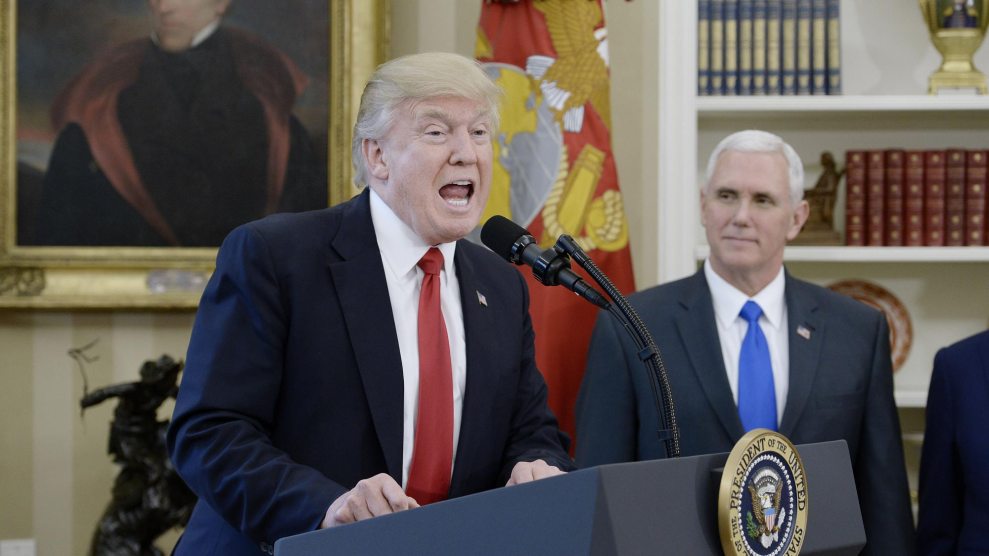
Syda Productions/Shutterstock
The Department of Labor proposed a new rule this week that would make it easier for employers to discriminate against workers who they say violate their religious beliefs, including members of the LGBTQ community, pregnant women who are not married, and others.
The proposed rule, published Thursday in the Federal Register, purports to “clarify the scope and application of the religious exemption” in the Equal Opportunity Clause, making it easier for employers who contract with the federal government to claim religious exemptions in their hiring and firing decisions.
The ACLU says that the rule would persecute marginalized workers under the guise of religious freedom.
BREAKING: The Department of Labor just proposed a rule that aims to let government contractors fire workers who are LGBTQ, or who are pregnant and unmarried, based on the employers’ religious views.
This is taxpayer-funded discrimination in the name of religion. Period.
— ACLU (@ACLU) August 14, 2019
Leila Abolfazli, the director of federal reproductive rights for the National Women’s Law Center, notes the Trump administration has repeatedly supported the expansion of religious exemptions to the law. In 2017, for example, the administration issued a rule allowing any employer—not just religious ones—to deny insurance coverage for birth control if contraception violated its religious beliefs. The administration has also often used the guise of religious belief to remove protections for LGBTQ individuals.
Abolfazli adds that the proposal is particularly insidious as it would allow employers to use their religious beliefs to engage in hiring practices that would otherwise be banned as sex-based discrimination. This could be used to target pregnant women who are not married, as employers could claim sex out of wedlock violates their religion. The ACLU tells Mother Jones that there were four court cases pending as of March 2019 in which churches and Christian schools terminated workers who were pregnant and unmarried.
The new rule would also
The rule will remain in a comment period until Sept. 16 before it is finalized.











